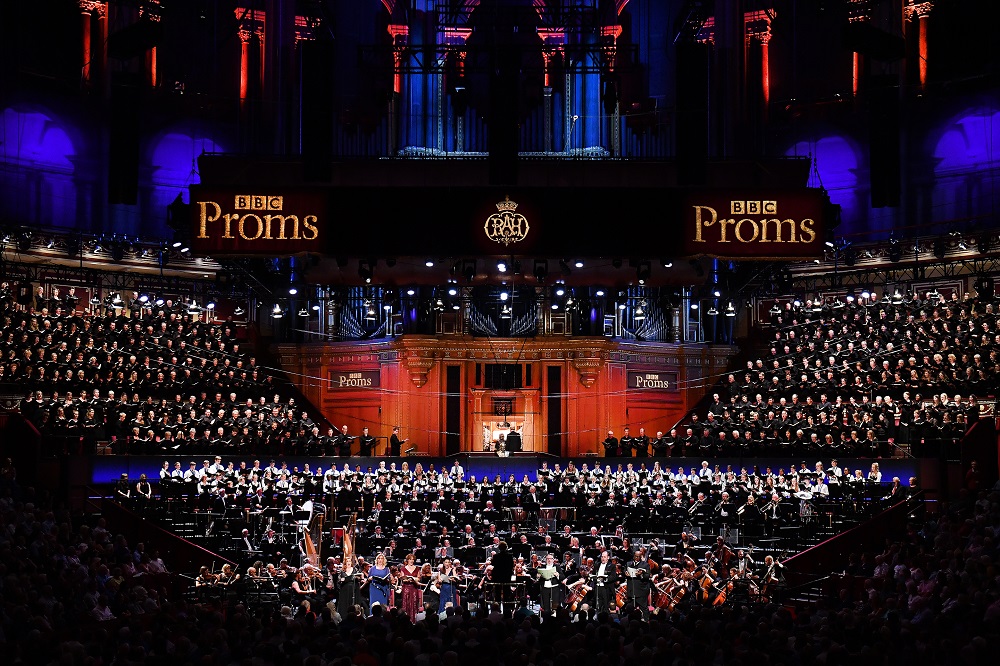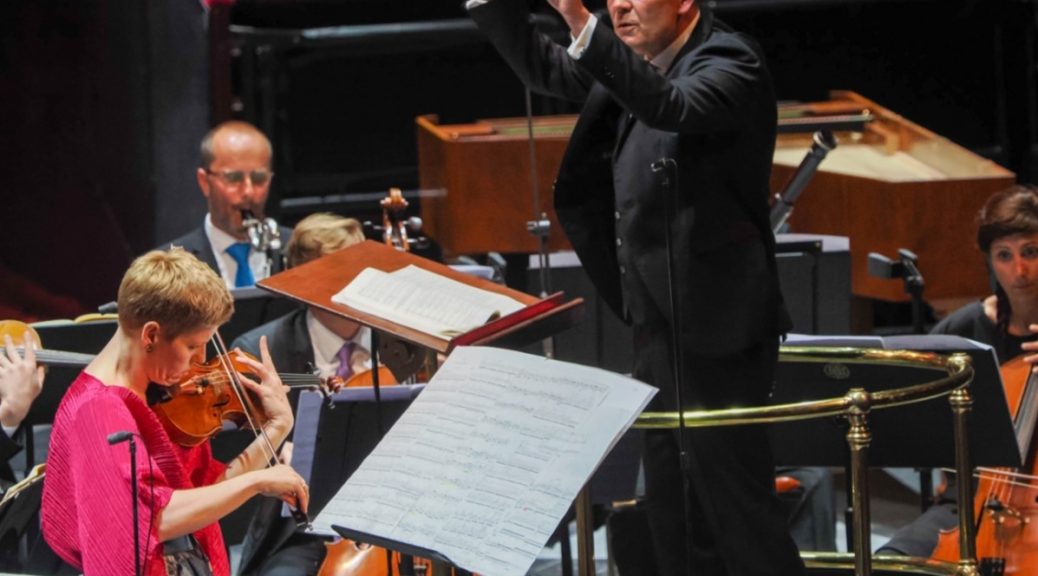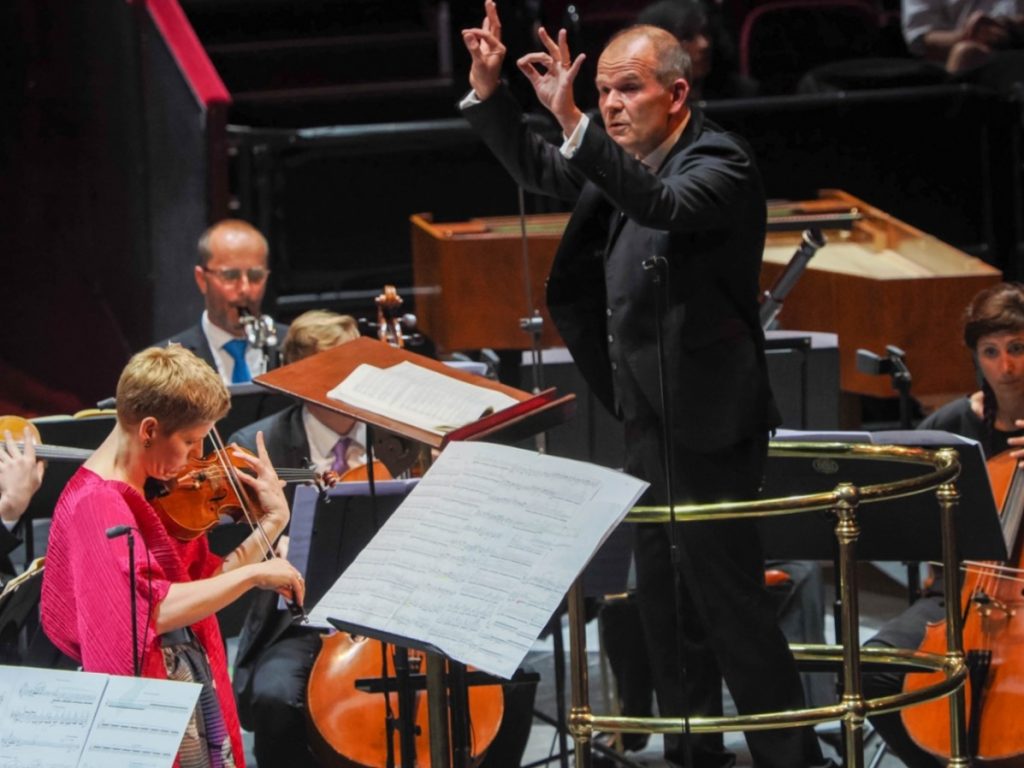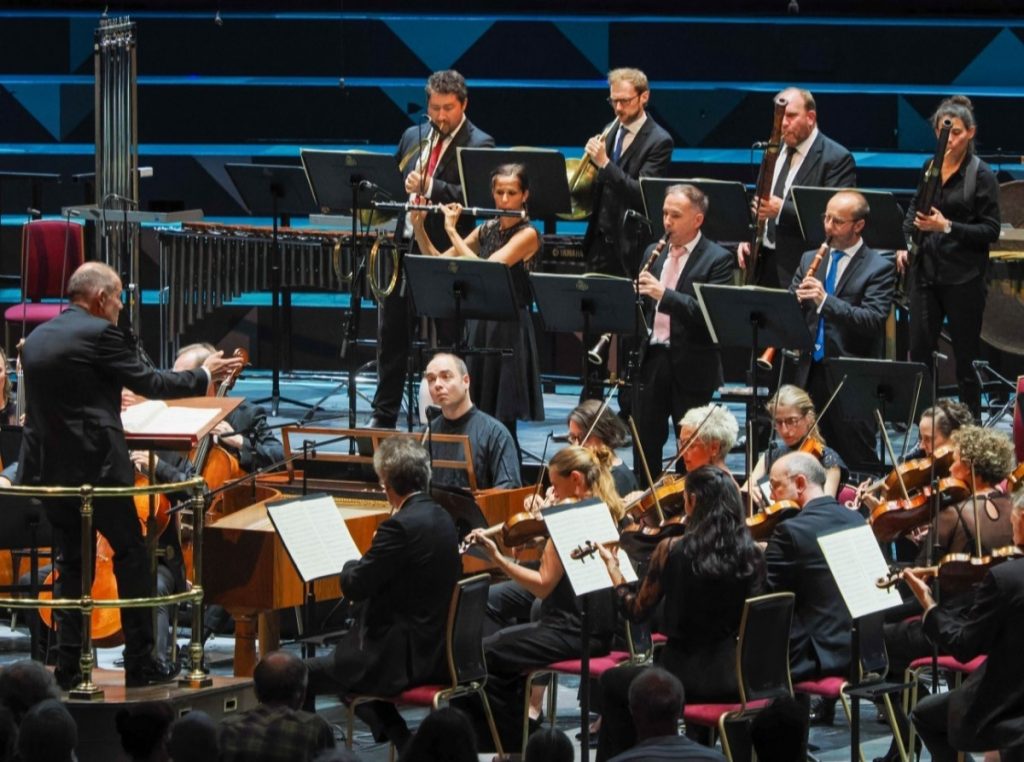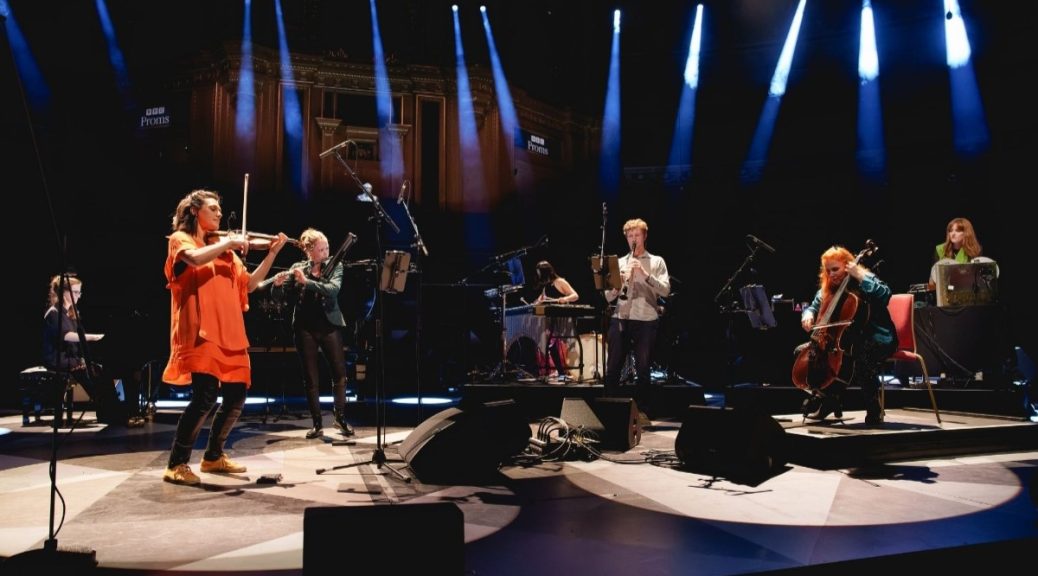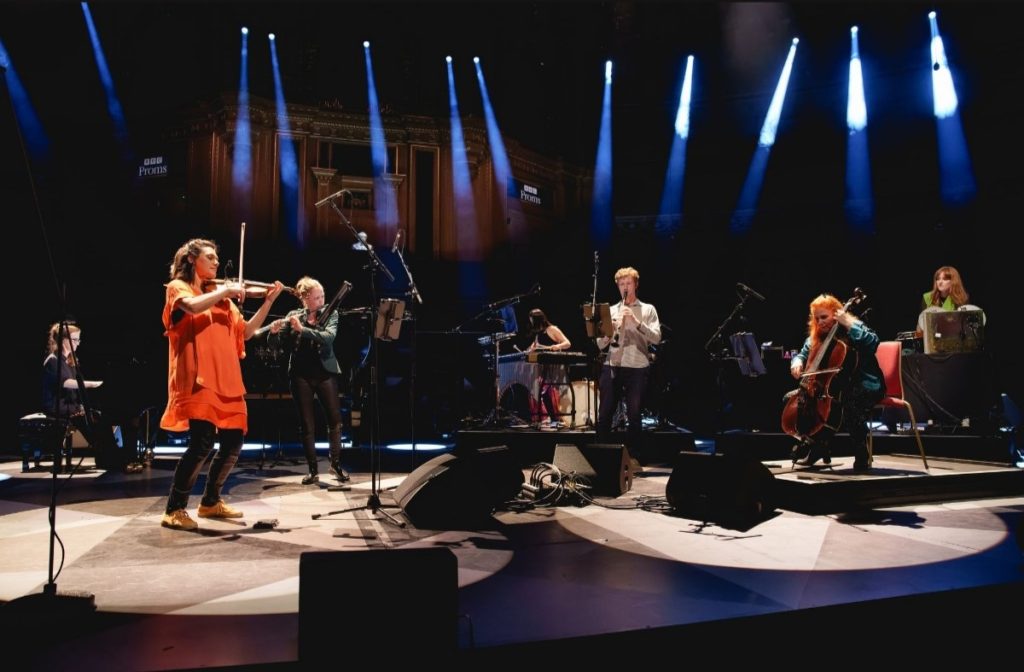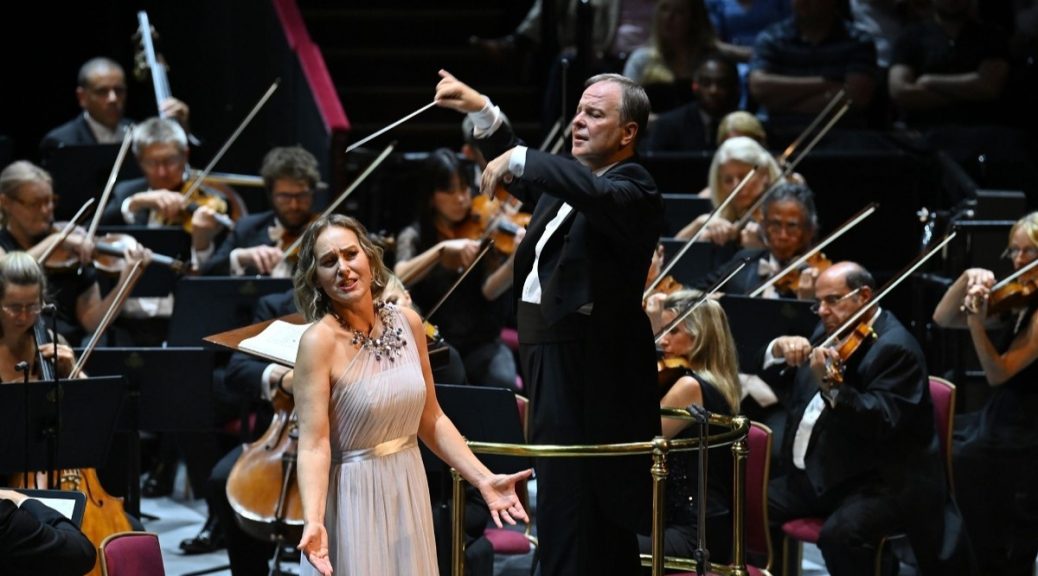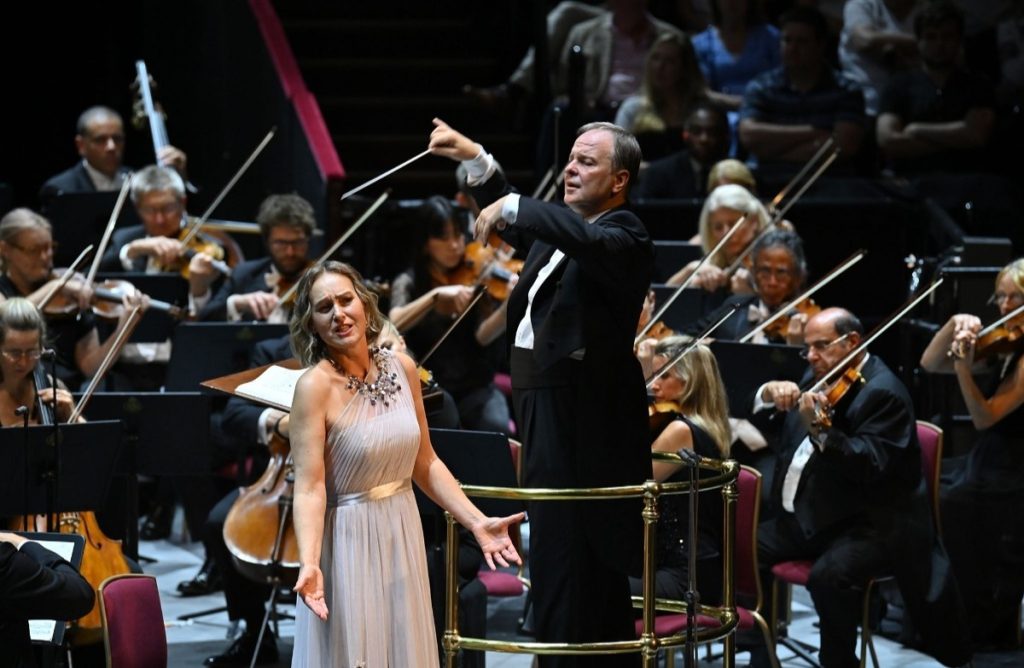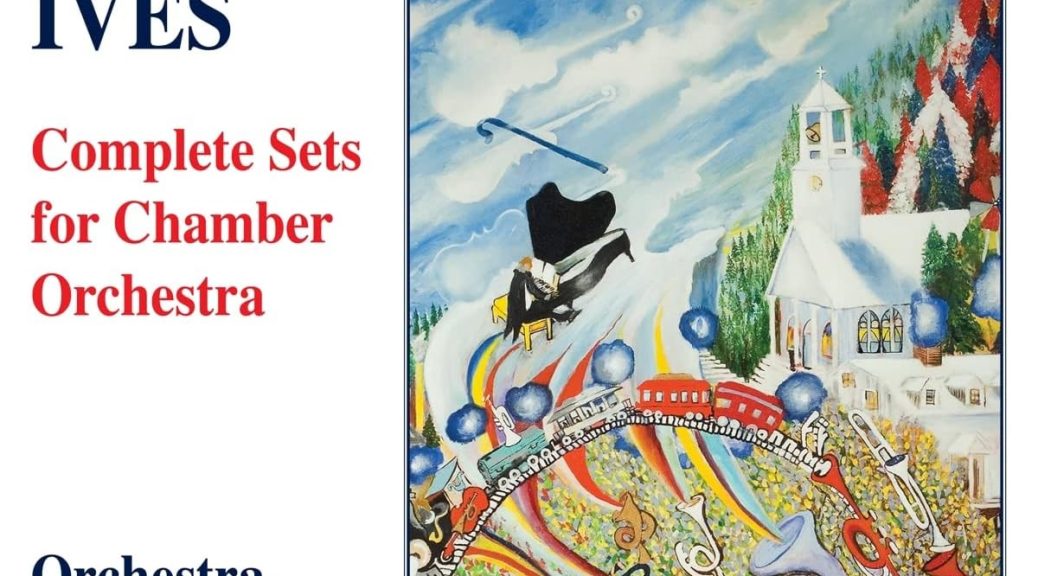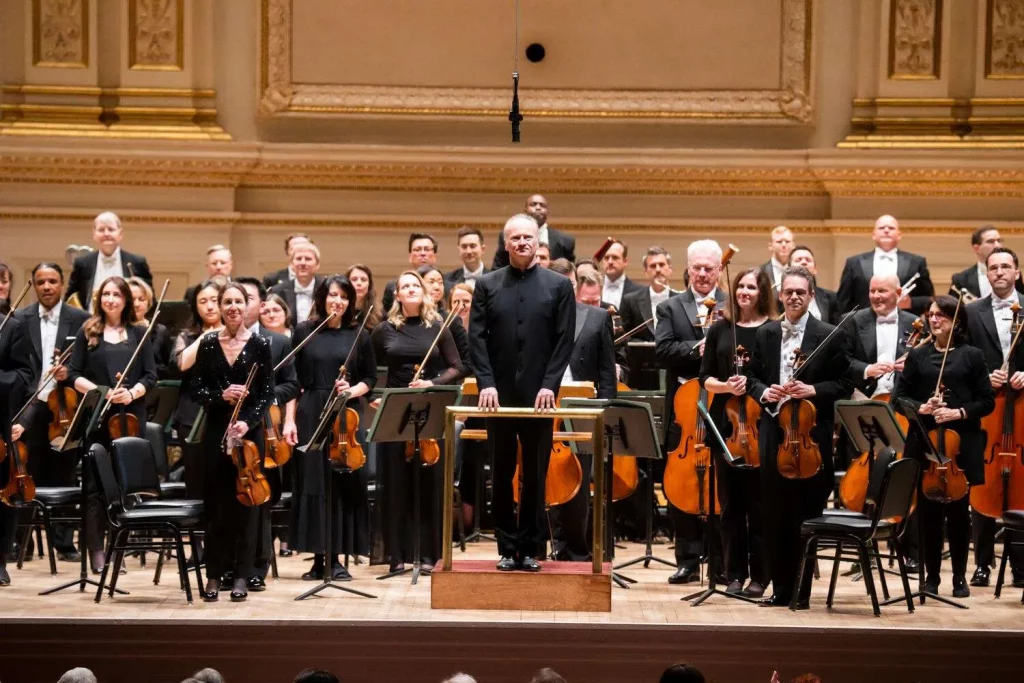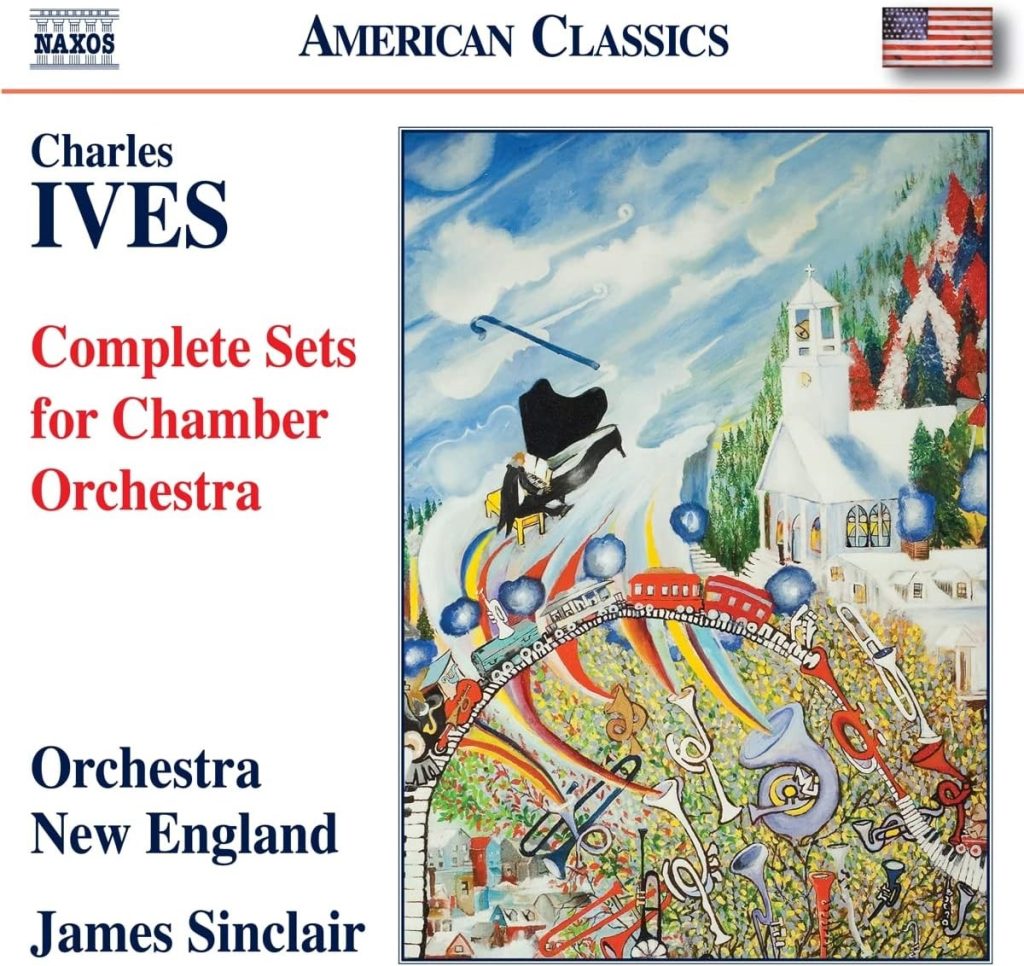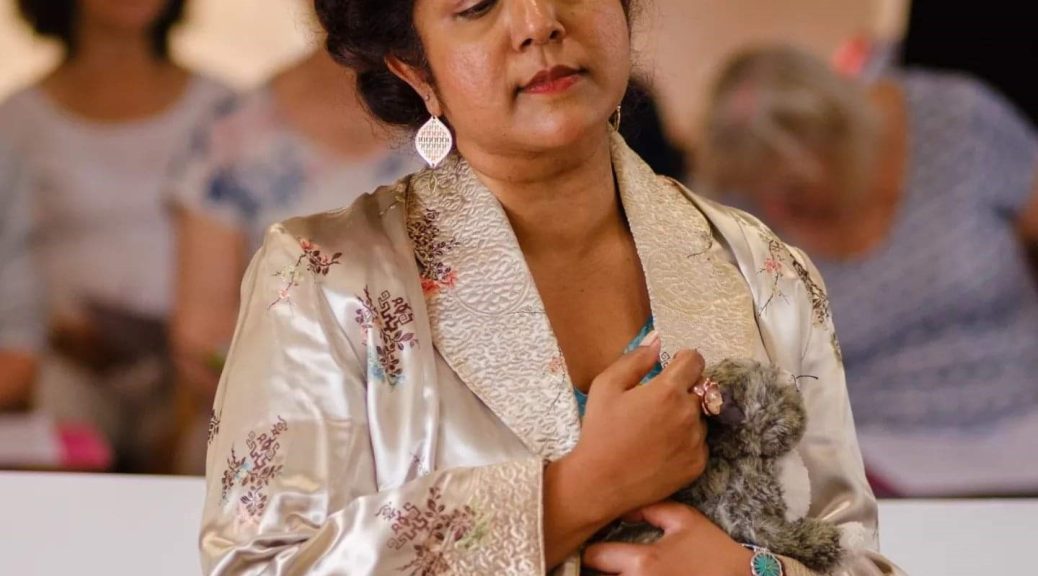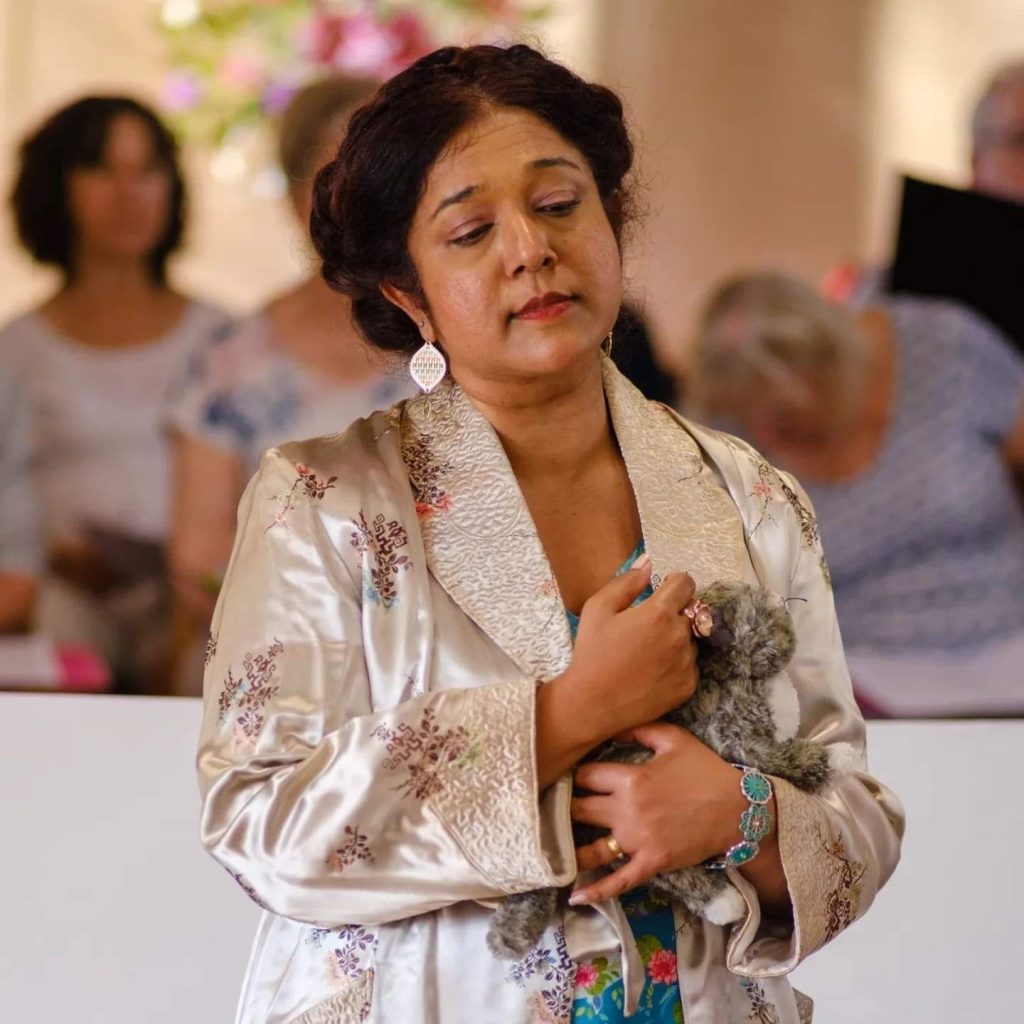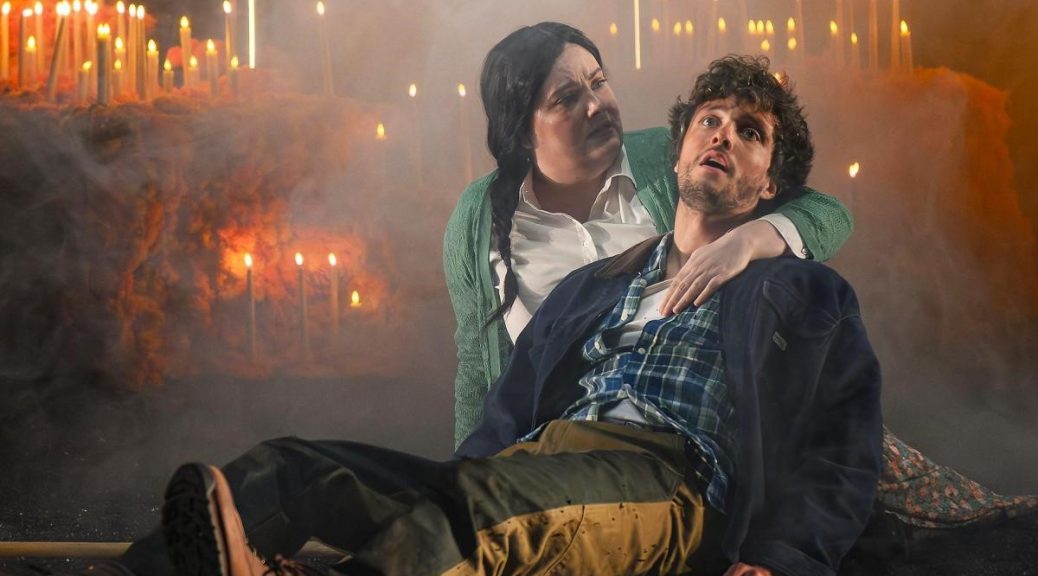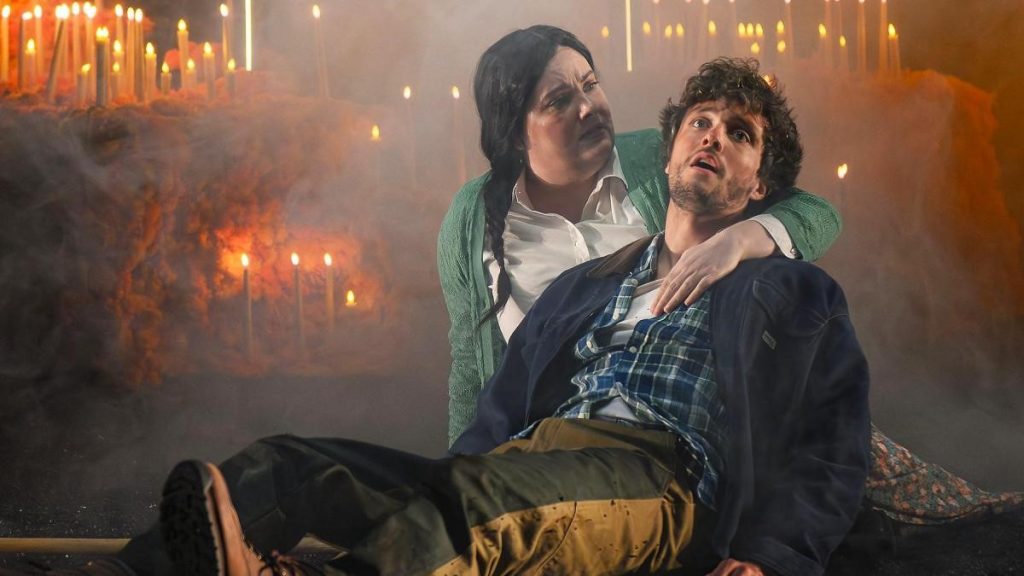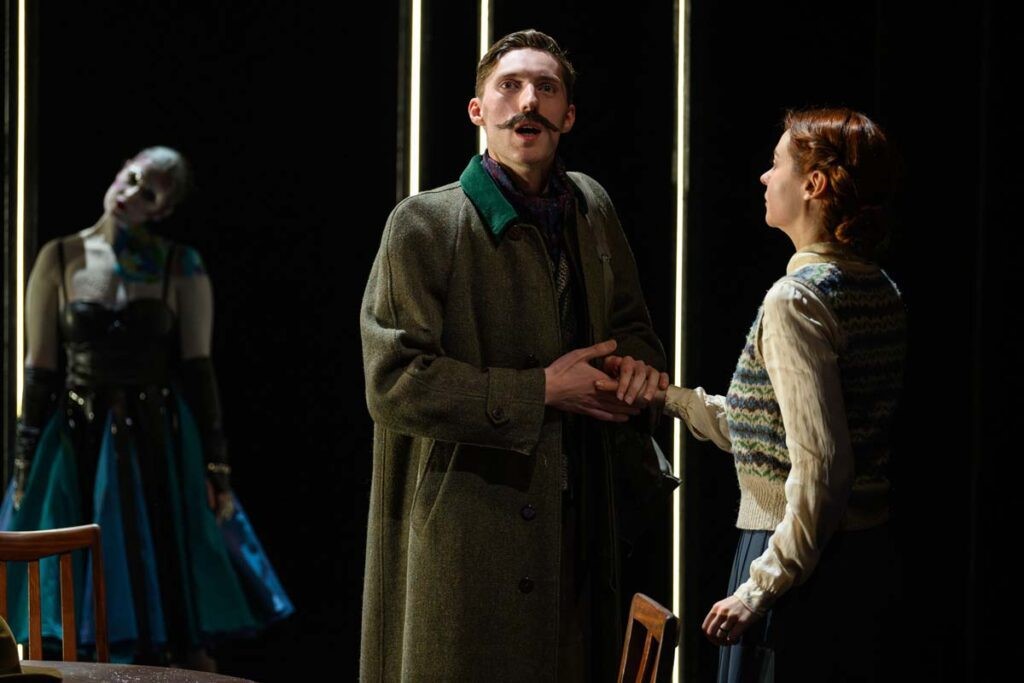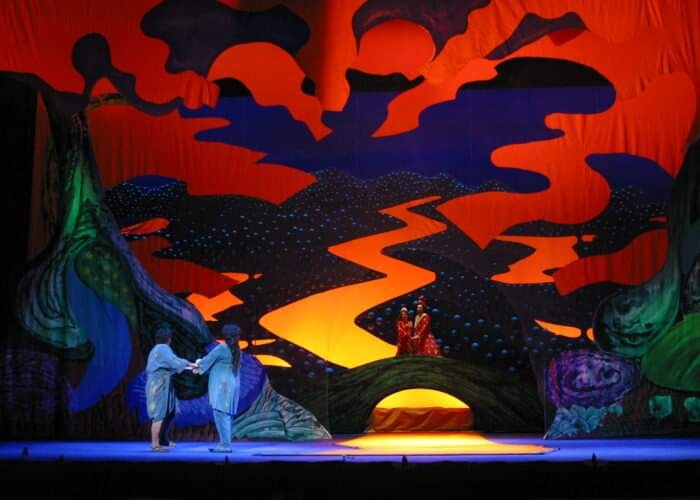 (4 / 5)
(4 / 5)
In what might be the most interesting venue in which to attend a concert in 2023, Bristol Opera had a big old bash for their 100th birthday. They couldn’t believe their luck, a century of activity establishing themselves as the go to opera makers in the city. They haven’t shyed away from working with big composer, nor large scale pieces either. I’m ashamed to say this is my first venture with them. I can feel the passion, the good vibes and of course the love of all the music they embrace.
Curiously, we got to mingle around the Concorde Museum in Filton, seeing inside the inconic plane and bits and pieces behind glass. With the smell of the diesel still in the air, Bristol Opera showed of their best. It was a tour of the past hundred years, looking back at past productions, starting with their first: The Snow Maiden by Rimsky-Korsakov. In the marvellous Prologue we got a glimmer of the Russian master’s cleverness. Clare Daly as the Wood Sprite gave a brief solo, showing promise.
There was a lot of expected things: Carmen, Aida, Lakme and more. The fact they took on Verdi’s Don Carlos is impressive. The chorus clearly practice feverishly and produce a sweet sound of note, getting many numbers for them to sing here. The orchestra also have many great moments, the venue helping the sound along. Sophie Kirk-Harris faired well with her O mio babbino caro from Gianni Schicci. Ever the touching aria, Sophie found a good fitting in it. The Flower Duet from Ethel-Jane Cormack and Heather Holmes added a perfumed aura to the night, a very popular work that is never easy to do. Louise Geller as Olympia for her Doll’s Song from Offenbach’s Tales of Hoffman. Her voice was subtle in the French, she had fun and seemed to know it well.
For the celebration, a new opera was created. Fish by Joel M. Baldwin tells the story of Anne Harriet Fish, a Bristol born artist who’s art got into the crème of top fashion papers. Very much saturated in 1920s flapper culture, her elongated figures brim with whimsy. The opera sees her dream of characters she has created and historical figures who’s writing she could utilize for new art. In a second more sombre scene, the mood is a bathroom where Anne recounts her salad days, years after the first scene is haunted by ghosts of the past in a steamed up mirror. She falls and hits the taps in her tub and is no more.
This curious piece had a lot of potential and worked well. Its eccentric nature matched that of Anne’s own quirkyness. A fine quartet of singers brought out great things. Rebecca Chellappah as Anne was a great success, these new, bold piece she seems to take on with gusto. Fine singing as ever, previous reviews have said the same as well. Andrew Shore, an opera legend and past performer for Bristol Opera played Anne’s husband Walter and also Persian polymath Omar Khayyám. Shore has still got it, his baritone remains a real feast, his Wagner and Rossini also noteworthy.
Sophie Kirk-Harris was back and played both Eve and Lady Carstairs, characters rom Anne’s art who delight and haunt her in equal measure. Sharp voice and good presence showed Sophie as another talent. Guy Withers is a familiar face playing Edward Fitzgerald, translator of Omar’s classics. A jolly tenor, who I found endearing, Edward finished the cast of singers with aplomb.
Conductors Arne Kovac and William Stevens kept face for the classics and this premiere, easily accustomed to conducting duties with flair. Other highlights were Shore doing Doctor Bartello’s manic breakfast aria from Barber of Seville and the surreal turn in the finale: The Toreador Song from Carmen. Rebecca gave us Mon Coeue from Samson and Delia. I couldn’t have asked for anything more.
I’ll have to come and see future work now.
Bristol Opera perform in Feb 2024 with The Merry Wives of Windsor by Otto Nicolai.
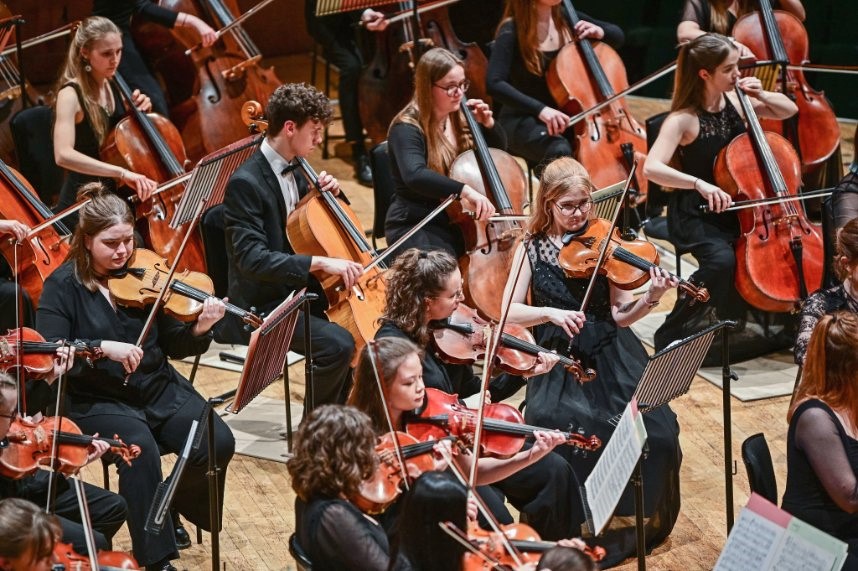

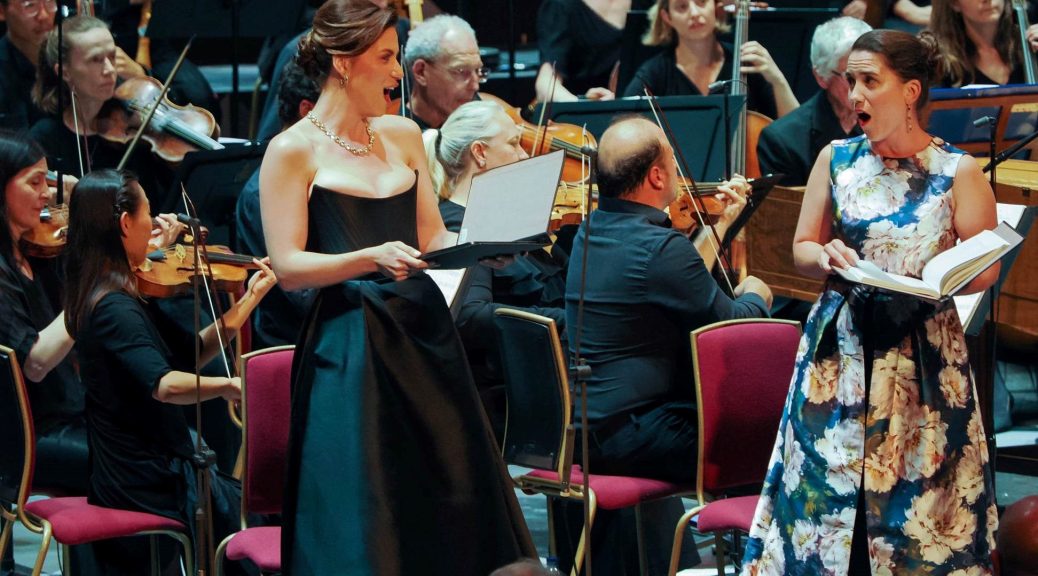
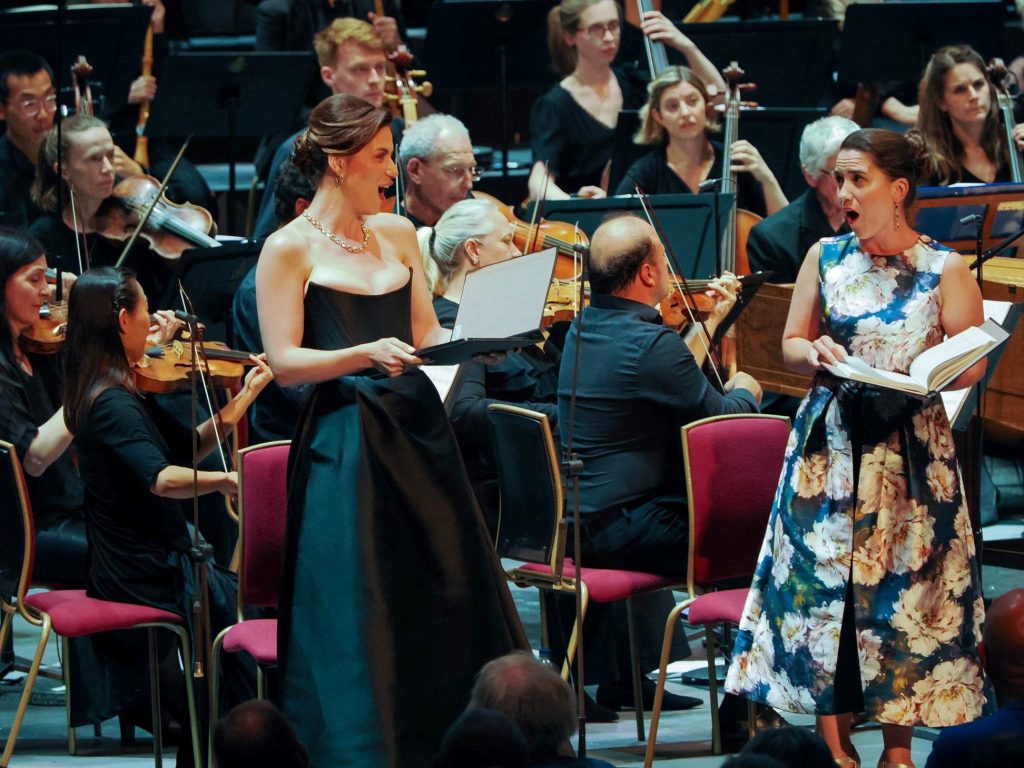
 (4 / 5)
(4 / 5)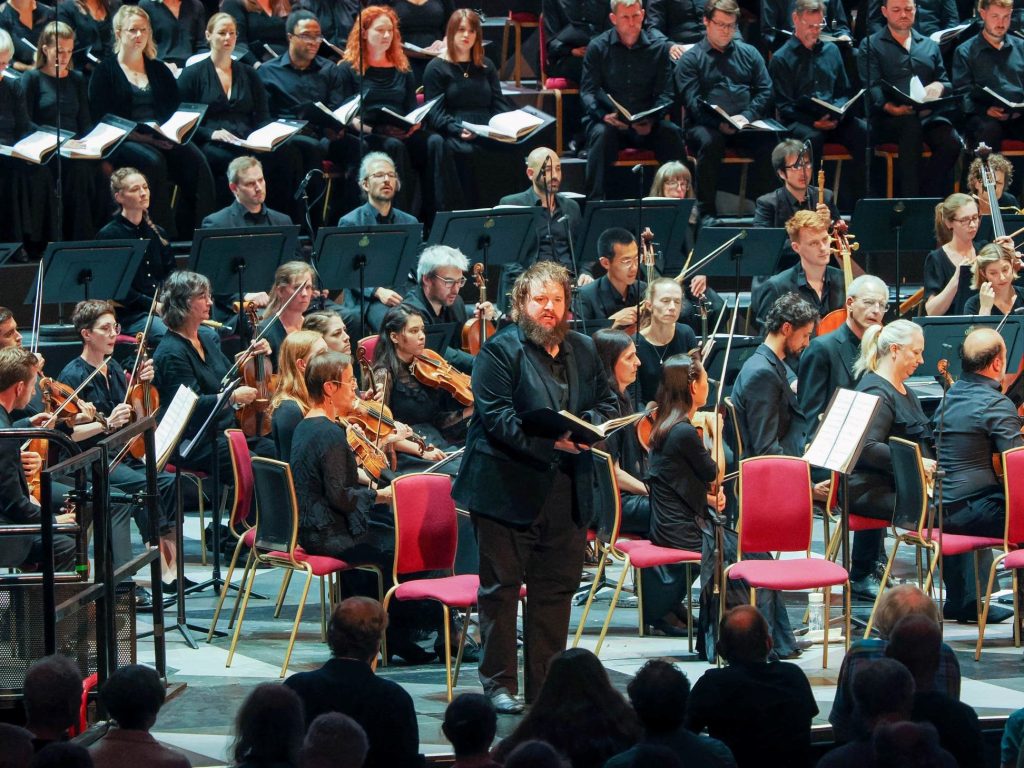
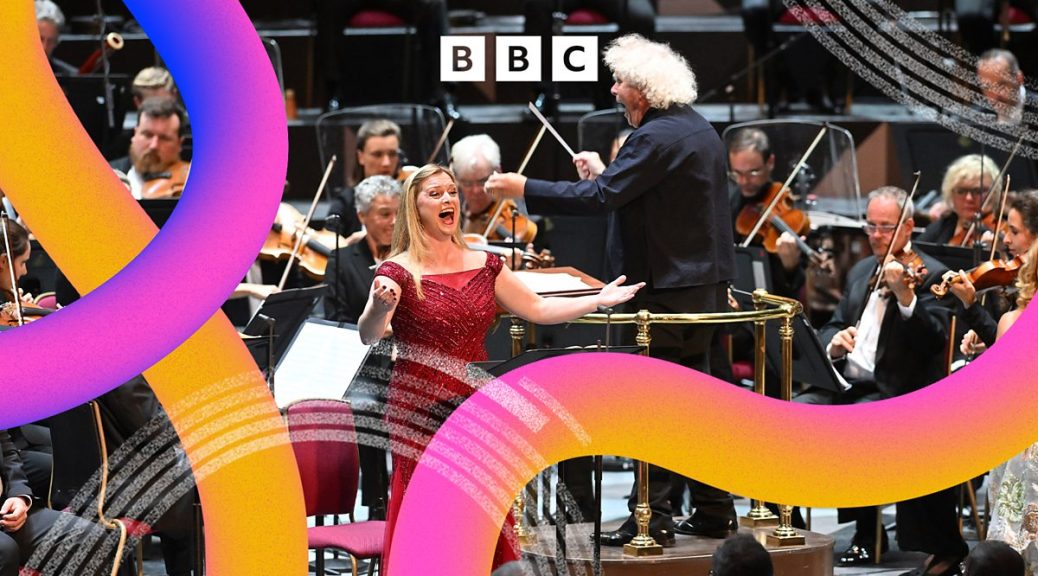
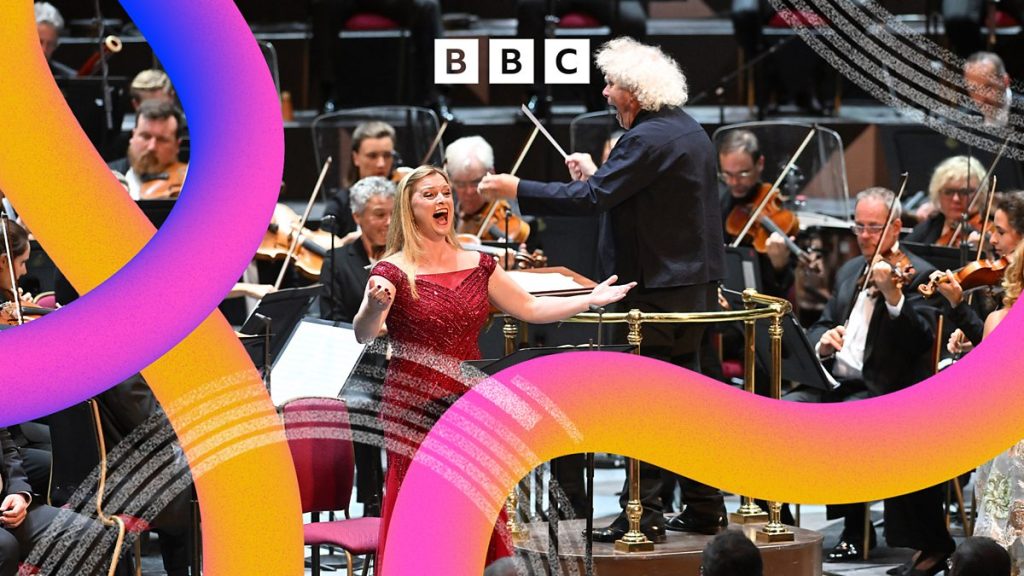
 (3 / 5)
(3 / 5)